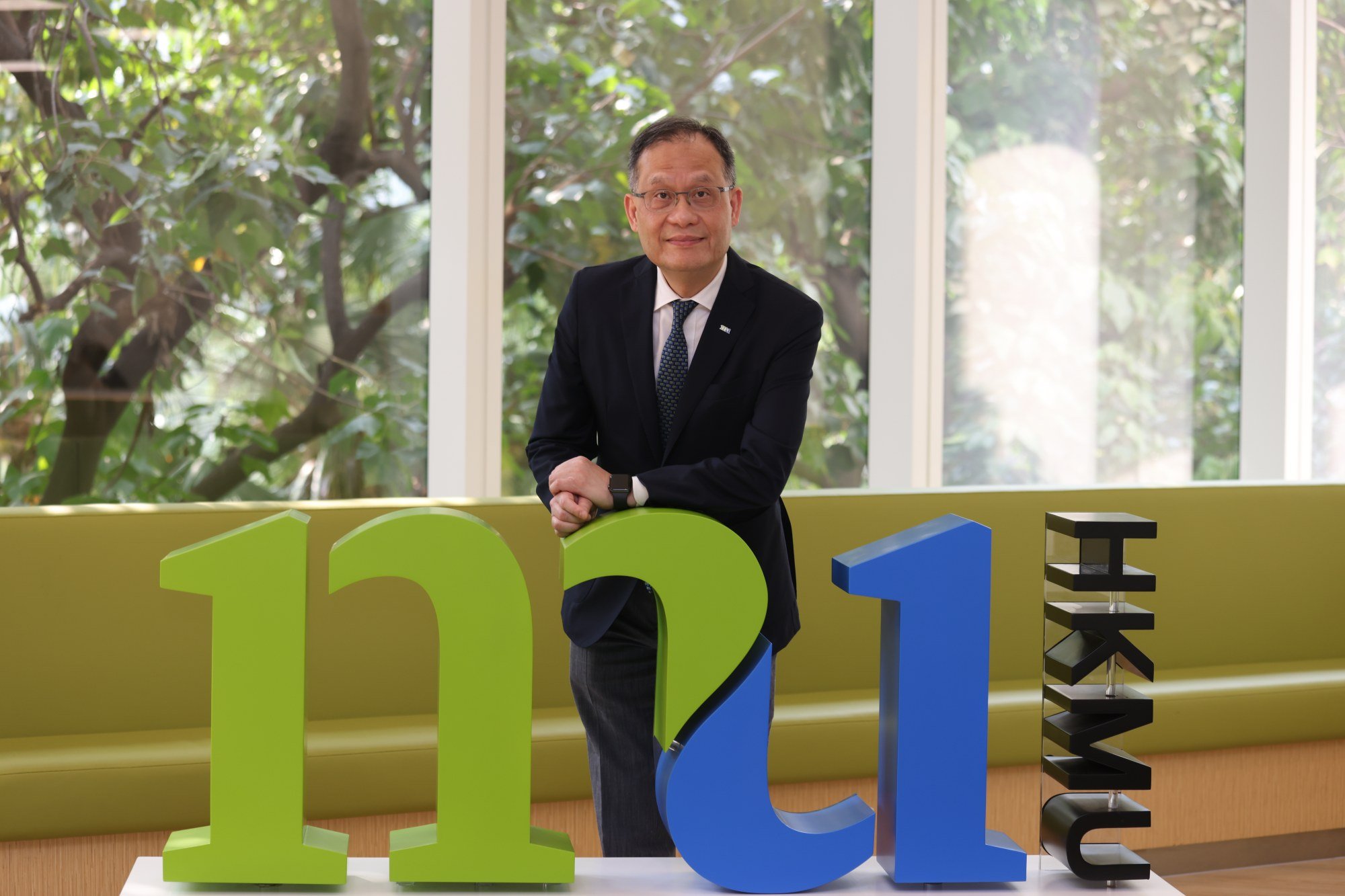Hong Kong is to set aside more than HK$40 million (US$5.1 million) to help promote an alliance of universities of applied sciences (UAS) to be set up later this year, the Post has learned.
Paul Lam Kwan-sing, the president of Hong Kong Metropolitan University, expected to be the first UAS and to lead the alliance, said the cash was sufficient to start promotional work and he hoped it could be used to hold presidents’ forums in the city and visit countries known for their expertise in the specialist institutions.
A source said one of the most important criteria for UAS status, set to be announced this month, would be that the universities must allow industry to help draft course curriculums to ensure they met the requirements of the job market.
Do you have questions about the biggest topics and trends from around the world? Get the answers with SCMP Knowledge, our new platform of curated content with explainers, FAQs, analyses and infographics brought to you by our award-winning team.
“Universities of applied sciences position themselves as producing graduates who are work-ready and the curriculums should match the job market, or they will be meaningless,” the source said.

Chief Executive John Lee Ka-chiu said in last October’s policy address that the city would develop universities of applied sciences in a bid to change poor perceptions about vocational education.
Lee added the government would provide a start-up fund to support postsecondary institutions in the formation of the Alliance of Universities in Applied Sciences.
“[It is] to undertake joint promotional activities to instil in students, parents and the community better appreciation of the importance of vocational and professional education and training,” he added.
The government said eligible self-financing institutions would be able to apply for the status after they gained the “private university” title and it would be up to them to decide whether to “rebrand” themselves with the UAS tag.
There are four city universities eligible – Hong Kong Metropolitan, Shue Yan, Hang Seng and the new Saint Francis, formerly the Caritas Institute of Higher Education.
The source confirmed to the Post that the government would allocate more than HK$40 million to the fund.
A government insider earlier said the alliance could also use its cash allocation to hold or join in international conferences.
Enough to fix manpower crunch? Hong Kong pushes applied sciences universities
Christine Choi Yuk-lin, the education secretary, earlier said the government expected to announce the criteria for UAS status this month.
She added the first would get approved by the middle of the year.
It is expected the inaugural institution will lead the alliance, and other eligible universities will be able to join as members.
The tertiary sector has predicted that Hong Kong Metropolitan University will be first of the type.
The university will account for 1,873 – almost 40 per cent – of the 4,825 government-subsidised places in the eight postsecondary institutions in the city in the next academic year.
The subsidy scheme was designed to target subjects tailored to careers where demand for labour is high.
Lam said he was confident his institution would be the first UAS in the city as the university had always positioned itself to provide graduates in demand by industry.
“We are a self-financing university,” Lam said. “If our programmes are not practical enough and do not catch up with the development of relevant industries, our graduates will find it difficult to find jobs.
“It would end up with no students signing up for our courses in the future.”
Can Hong Kong’s top universities attract overseas students, scholars?
He highlighted a new master’s degree programme, “building information modelling”, as an example of “cooperation with industry”.
The course will be organised with the Construction Industry Council and graduates could be eligible to become certified professionals.
“Some courses will be taught by professionals from the council,” Lam said.
Lam added that, although the HK$40 million would be enough to start work, the government would need to provide more financial resources in the future.
“The government should not just pay lip service if it wants UAS to be successful,” he said.
Lam added that the most important promotional work was to change the public perception of vocation-oriented courses as second class.
“We need to make some promotion videos to explain what UAS is and we need to hold some presidents’ forums or round table discussions by inviting the heads of the UAS in other countries to come to Hong Kong to share their successful experience,” he said.
More from South China Morning Post:
- Universities can help Hong Kong pass talent test
- Hong Kong’s push for applied sciences attracts interest, but more details needed about planned new universities, Tung Wah College president says
- Hong Kong policy address 2023: city to open first university of applied sciences next year to boost vocational training, with more expected to follow
For the latest news from the South China Morning Post download our mobile app. Copyright 2024.





